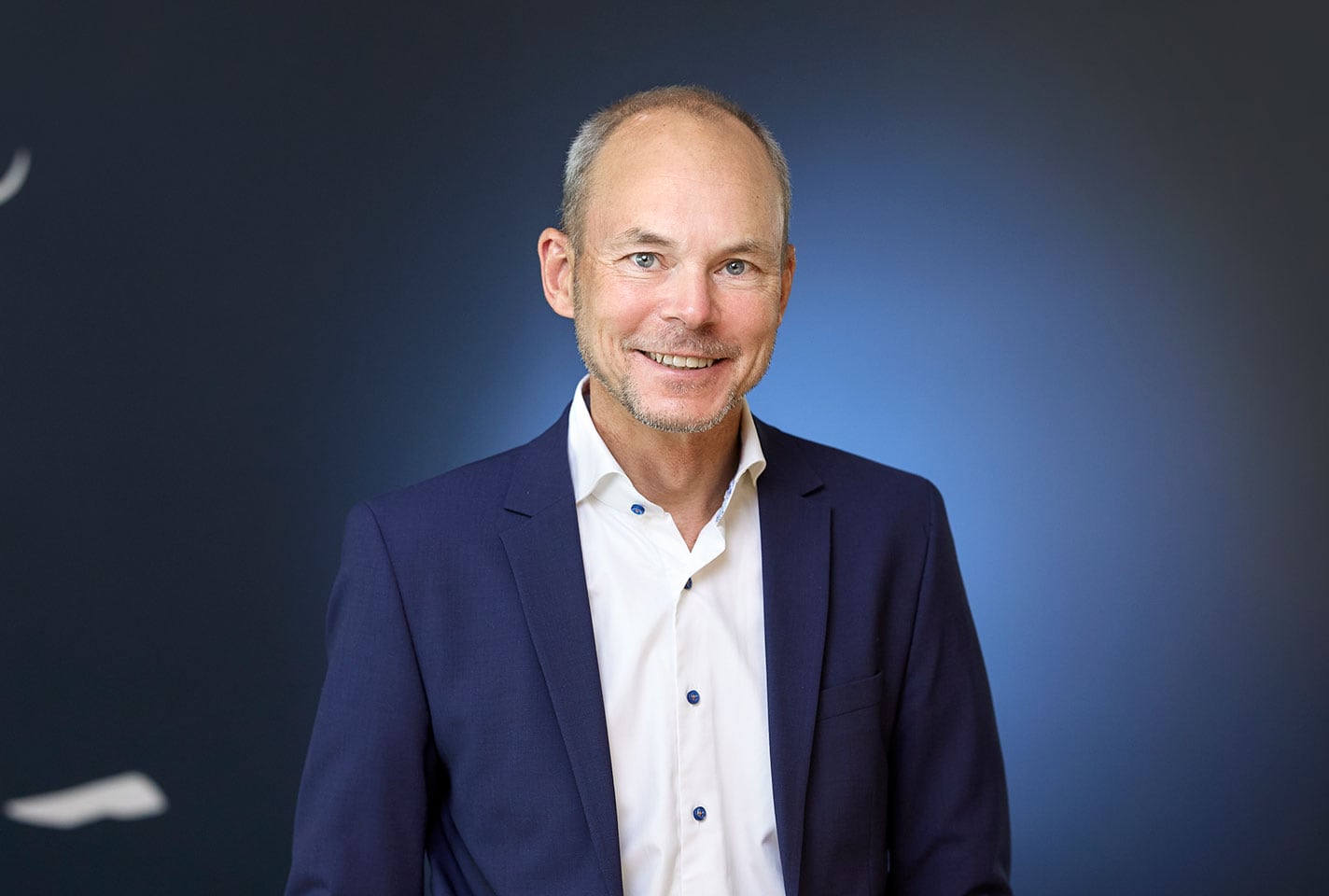As human beings, we are hardwired to resist change.
A sudden seismic shift in our day-to-day can derail our sense of autonomy, causing us to feel we’ve lost control of what we perceive to be our territory.
In business, it falls on leaders to navigate the emotional fallout of change, such as a merger or acquisition, ensuring those affected are inspired to focus more on the opportunities ahead—rather than pine for the ‘comfort zone’ of old.
That’s why it’s imperative we work smart to maintain and grow motivation, develop new collaborations, and showcase the potential change can deliver—in terms of both individual career development and overall business impact.
When my company, Swedish Match, was acquired by Philip Morris International (PMI), one year ago the big picture of what we jointly wanted to achieve quickly came into focus—but, of course, working out the finer details of our integration took time.
However, we never lost sight of the potential presented by these two companies coming together. Swedish Match and PMI have naturally aligned, as both have the same vision for a smoke-free future and, more importantly, a commitment to offer a broad choice of better alternatives to the millions of adult smokers that don’t quit.
But, to bring everyone with us on PMI’s onward journey, we had to communicate in a reassuring and inspiring voice that clearly resonated with each employee within our combined organization.

Lars Dahlgren,
President, Smoke-Free Oral Products, Philip Morris International, and CEO of Swedish Match
Creating opportunities for workplace bonds
The past year has taught me a great deal about the art of integration; about how to create an environment in which new teams can flourish and work together efficiently, effectively, and with smiles on their faces.
Firstly, while it’s important to clearly communicate the message, leaders should be mindful not to overwhelm employees and prioritize putting people at the center.
For any company, leaders should be well prepared in the early phase of an integration, so that they can provide meaning, context, and clarity—giving people the launchpad to help them excel. We must outline what we’re endeavoring to achieve together, and how our North Star—in our case, achieving our ambition of a smoke-free future—is evolving.
However, I am a strong believer that theory can only take you so far. The approach I favor is more practical. Success comes when we create opportunities for people to collaborate on projects. This presents the best possible way for employees to form professional and personal relationships which, in turn, increases job satisfaction and creativity.
It gives people the confidence, certainty, and motivation to step up to the goals and challenges ahead.
More from PMI’s Leaders of Change
Unleashing innovation through the transformative power of cross-generational collaboration
4 min readBy harnessing the diverse perspectives, skills, mindsets, and experiences of employees across different age groups, we can unlock new opportunities, foster agility, and deliver progress for our businesses and for society.
Putting people first and embracing innovation is vital to deliver progress for all
4 min readGovernments should keep pace with technology and innovations, make public health decisions based on science, and act faster to address global challenges, according to a new international survey.
Widening your circle of stakeholders to embrace all
Leaders who are skilled at turning a workforce into a community or collective are far more likely to make change a success.
Without exception, change will always create ripples that reach distant corners of an organization.
Left to fester, these ripples can trigger a disruptive chain reaction, beginning with departments and individuals within companies and potentially impacting consumers and society.
It is our duty as leaders to make sure that we don’t let the ripples overwhelm our employees. Instead, we should actively create opportunities for success, bringing both companies along for the journey.
With this collaborative mentality—where everyone is treated with equal respect and importance—companies can overcome discomforts caused by change, and work in unison to achieve ever greater objectives.
In our case, that means coming together for the sake of over one billion smokers—and accelerating our journey toward a smoke-free future.








